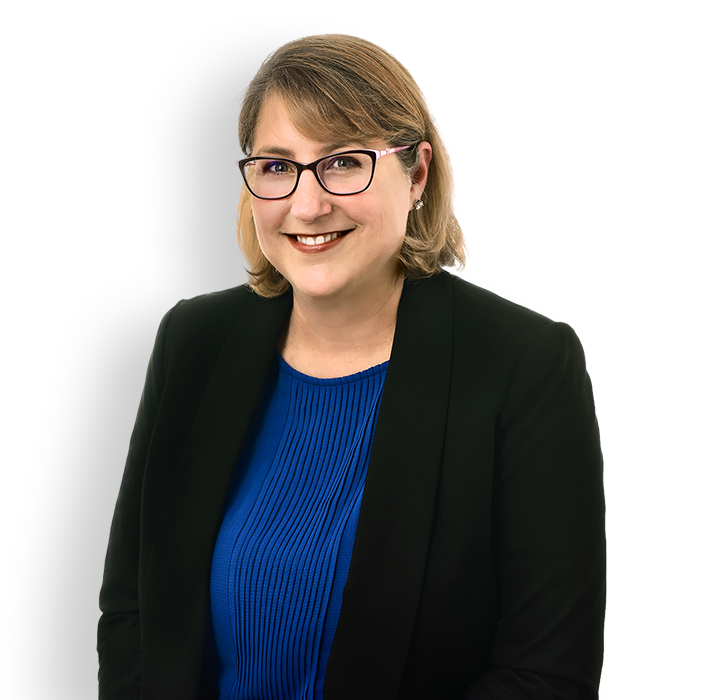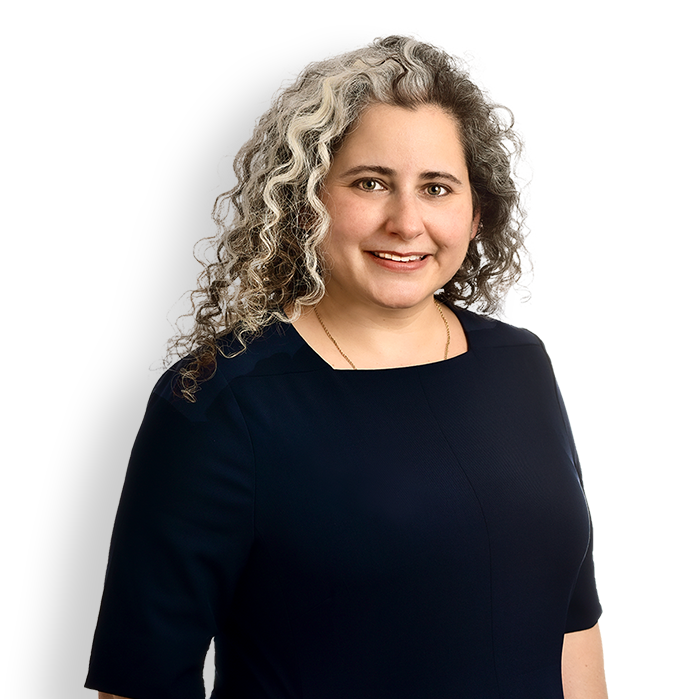As healthcare providers continue to navigate this modern public health crisis, one of the concerns being raised is the need to ensure sufficient healthcare professionals are available to assist in preparing for, treating, and mitigating the effects of the coronavirus (COVID-19). One of the ways this is being addressed is through federal and state action to provide more flexibility for physicians and other healthcare professionals that are not licensed in a state to provide services to patients in that state. As stated in our prior alert addressing Section 1135 waivers issued following the March 13 national emergency declaration, the Centers for Medicare and Medicaid Services (CMS) has temporarily relaxed certain Medicare, Medicaid, and CHIP regulations, including requirements that out-of-state providers be licensed in the state where they are providing services when they hold an equivalent license in another state. However, importantly, while this addresses whether the services will be reimbursed by Medicare, Medicaid, or CHIP, it does not preempt state law. State licensure laws still apply, and states have been taking a range of actions to provide more flexibility with respect to their local licensing laws in recent days to meet patient care needs. Among other things, such activity should help provide more services via telehealth across state lines, as telehealth is being strongly encouraged for circumstances where it is possible to provide services remotely. As with many other actions being taken to help address COVID-19, the situation is rapidly developing with respect to relaxation of licensure requirements. The following is a snapshot of recent developments in a few states (current as of the date of this publication, but subject to change), as an example of how states are addressing: In addition, a number of states are taking action to encourage retired physicians to return to active status and otherwise provide additional flexibility regarding extension of license terms and continuing medical education requirements. Organizations may also consider whether there are other existing provisions under state law which provide additional flexibility. For example, California has provisions that permit medical professionals that are licensed in other states to obtain a waiver to practice in California under certain circumstances. In addition to Business and Professions Code section 900, which permits licensure waivers during states of emergencies and which was relied on to provide the flexibility in California listed above, Business and Professions Code section 922 permits a physician with an expired California license to reactivate their license if it has been expired for less than five years by completing the related application and providing a complete set of fingerprints without paying any licensing, delinquency, or penalty fees. Finally, Business and Professions Code section 2060 allows providers licensed in other states to act as consultants with licensed California providers through the California Medical Association, California Podiatric Medical Association, an approved medical school or college, or other county medical societies. Our firm’s Coronavirus Task Force is monitoring developments closely. Please refer to our COVID-19 resource page for federal and state resources on COVID-19. For further information, please contact Amy Joseph or Ryan Cuthbertson in Boston, Katrina Pagonis, Emily Brinkman or Andrea Frey in San Francisco, Nina Adatia Marsden or Brett Moodie in Los Angeles, or your regular Hooper, Lundy & Bookman contact.Increased Flexibility for Out-of-State Physicians to Assist with COVID-19 Response

Professional


